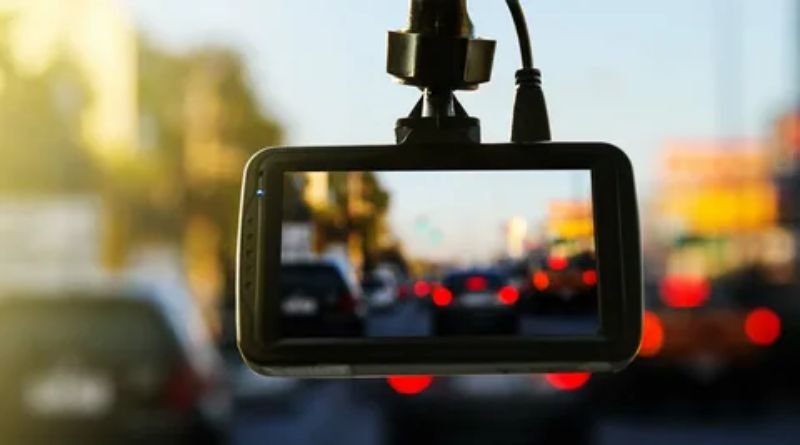The vehicles in a business fleet are utilised for a range of purposes. Drivers and the fleet are two crucial assets that fleet owners and managers oversee. It is crucial to always have these in consideration, particularly when it comes to security. Fleet drivers often go faster than the speed limit when confronted with emergencies or project zones, which leads to fatal collisions.
With a best wireless dash cam, you can protect your drivers from these potentially disastrous outcomes. Truck accidents frequently result in fatalities, severe injuries, financial losses, property damage, and lengthy hospital stays. With innovations like dash cameras mounted in the commercial vehicles, drivers can better keep an eye on their circumstances.
What is Dash Camera?
A dash camera is a small, weatherproof camera that is mounted in or on the front of a car. Its primary purpose is to capture video footage of events that happen while a car is being driven, such as traffic collisions or crashes. Sometimes, dash cameras are also used to document events that occur while a car is being rented or leased. Fleet managers use dash cameras to protect their drivers and customers. They can use the footage to prove that someone was at fault for an accident. The footage can also be used to determine whether a driver needs improvement or if they are safe enough to be employed with a fleet. It is a valuable tool for fleets. The footage it captures can be used to identify and prevent crashes. It can also be used to document events that take place while the car is in use, such as roadblocks or ticketing. Dash cameras are perfect for businesses that rely heavily on cars for transportation. They can provide proof of what happened during an incident, ensuring that all parties involved are held responsible.
By providing accurate record of what happened before, during, and after an event, they can also be utilised to increase safety. Safety is always a primary priority for drivers, especially those employed to help with company operations. No matter how well-prepared a driver is, unexpected events may still occur on the road. They must therefore be safeguarded and given the tools necessary to manage a fleet. To keep your fleet drivers safe, you must expose them to the fewest risks possible. You must enhance what is already in place to accomplish that.
Why Fleet Operators Should Use Dash Cameras?
Fleet operators can benefit greatly from the use of dash cameras. Fleet operators can benefit greatly from using dash cameras to document vehicle activity. This information can be used to improve safety, efficiency, and accountability in the workplace. By tracking interactions between drivers and passengers, fleet operators can identify potential issues early on. Additionally, dash cameras can be used to capture footage of collisions that occurred outside of the driver’s line of sight. This information can help identify who was at fault and help prevent future accidents. The footage captured by these cameras can be used to investigate accidents, identify and track problem drivers, and much more. In fact, some experts believe that dash cams are one of the best tools that fleet operators have at their disposal. Here are three major benefits of using dash cams for fleet operations:
1) Accidents can be quickly and easily investigated. Dash cam footage can be reviewed in detail to determine what happened leading up to an accident. This information can help prevent future accidents from occurring.
2) Driving behavior can be monitored and critiqued. Tracking individual driver behavior helps improve safety standards throughout the fleet. It is also possible to identify problem drivers and remove them from duty before they cause even more damage.
3) Erroneous Claims Can Be Quashed Quickly. If someone files a claim alleging that they were injured as a result of an accident, having footage of the incident will help refute the claims. This footage can be quite compelling evidence in support of the fleet operator’s case.
Conclusion
As more people use Dash cameras as a tool to protect themselves and their property, the number of incidents involving trucks and other heavy trucks is expected to decline. Dash cameras are beneficial for both recording video clips which can be used as information in the event of a crash and for teaching motorists from their failures. By using a Dashcam, you can minimise the likelihood of serious accidents while safeguarding yourself and other motorists.






